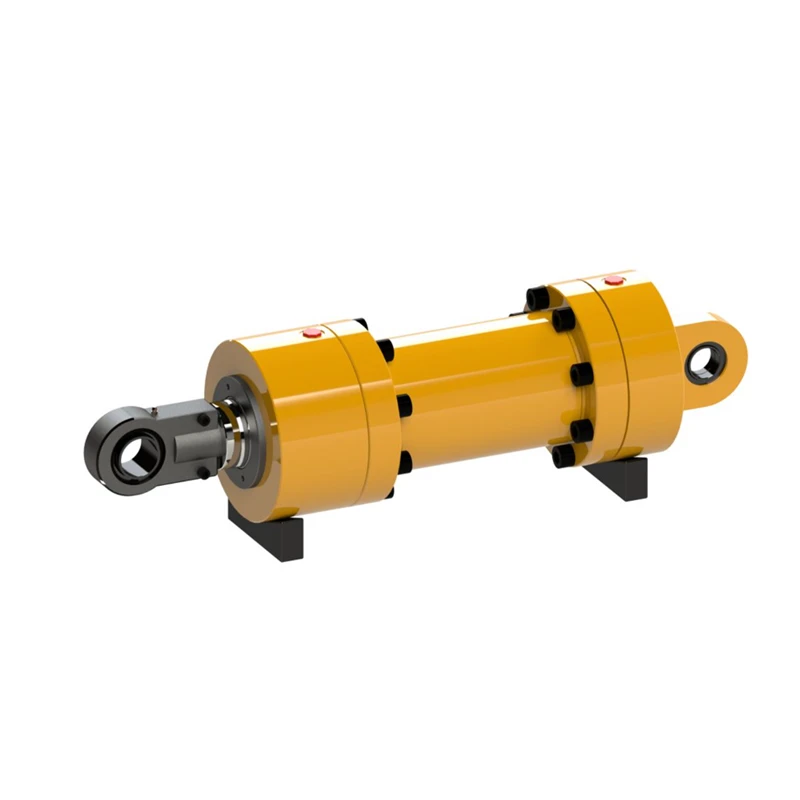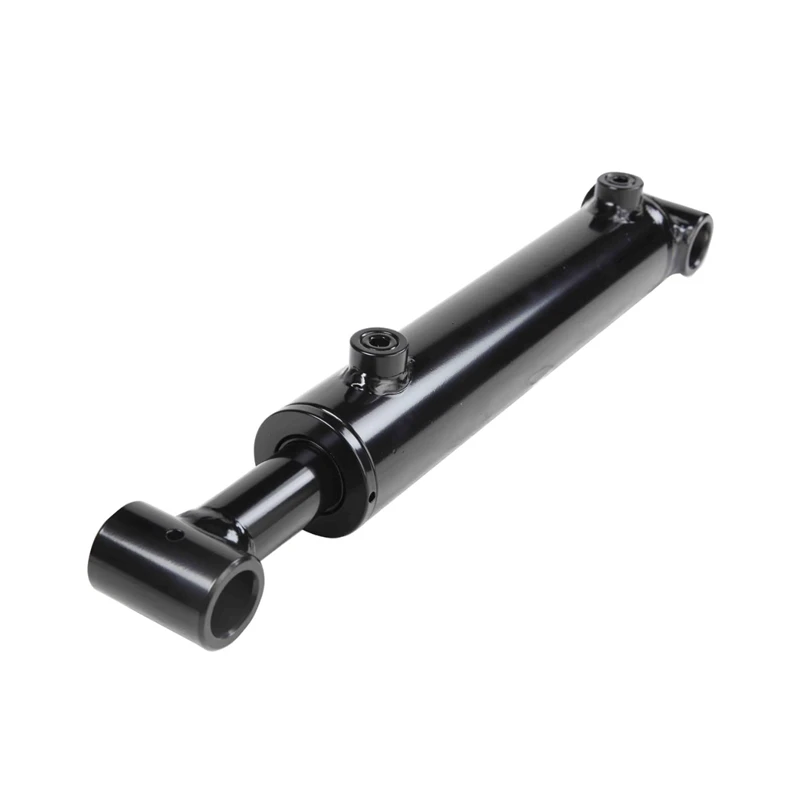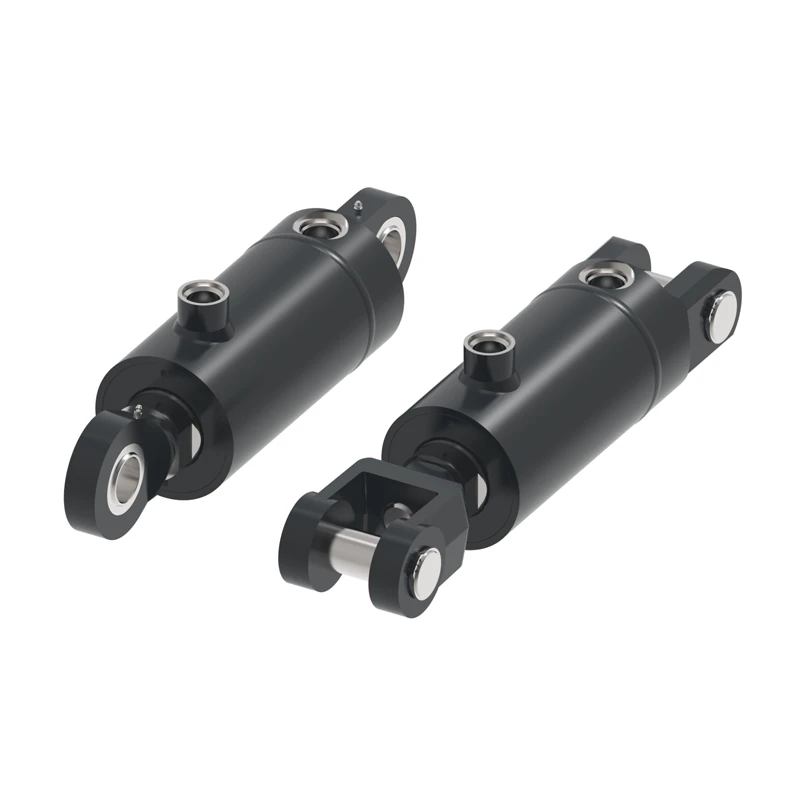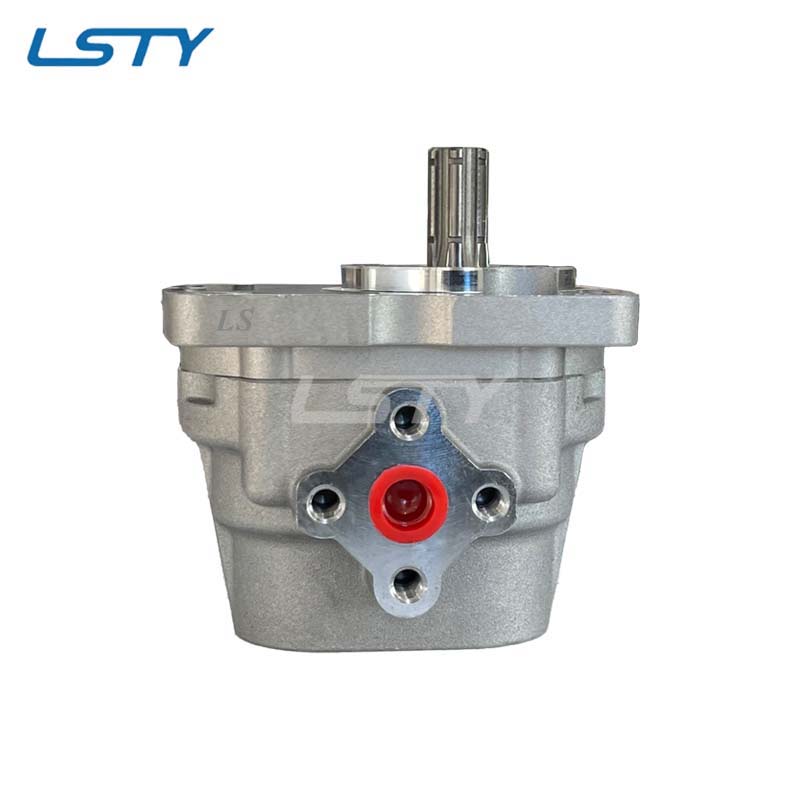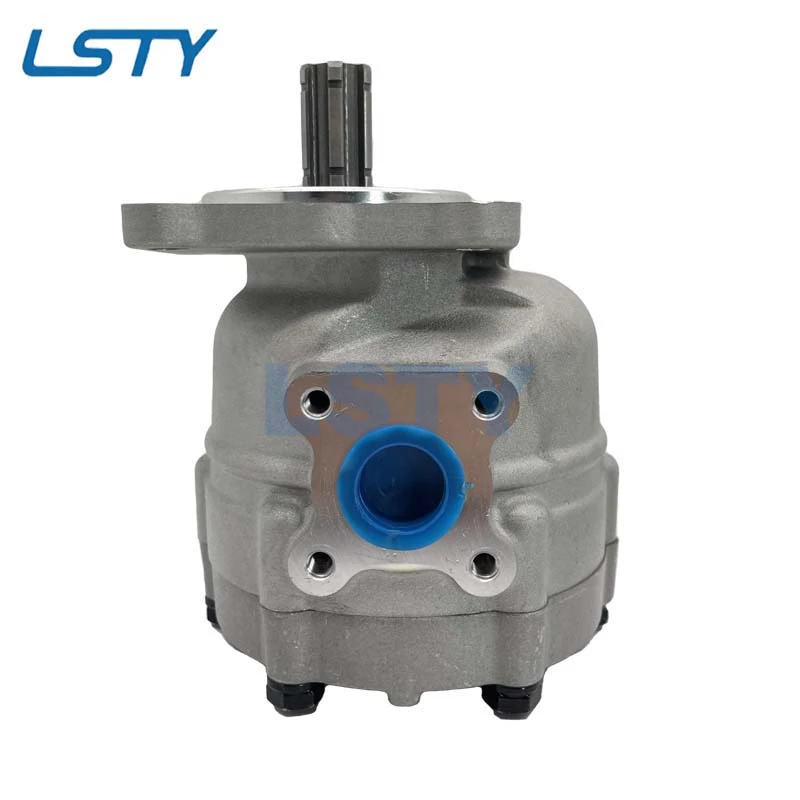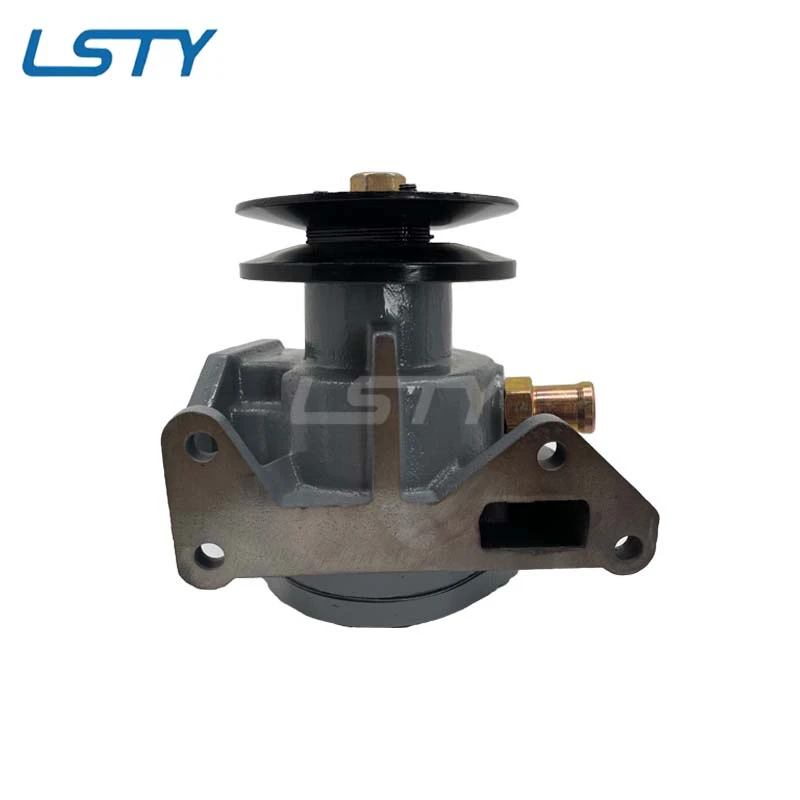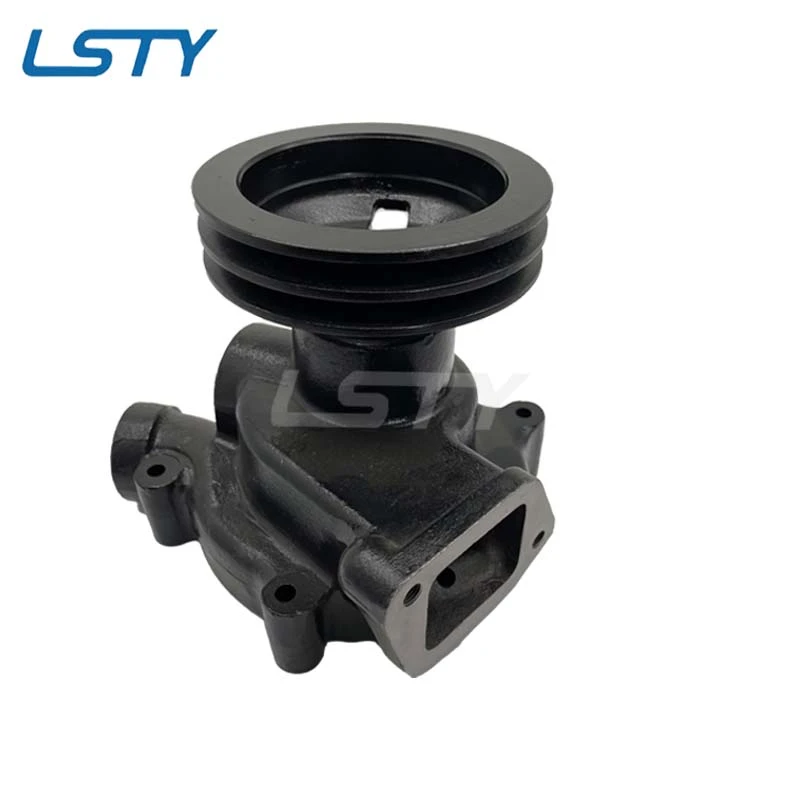In the intricate symphony of your vehicle's engine, one component plays a surprisingly vital role in preventing catastrophic failure: the humble engine water pump. Often overlooked until trouble arises, this critical part is the heart of your cooling system, tirelessly circulating coolant to regulate engine temperature. Choosing the right car engine water pump isn't just about avoiding breakdowns; it's about safeguarding your engine's longevity, optimizing performance, and ensuring peace of mind on every journey. Whether you call it an engine water pump, car engine water pump, or engine cooling pump, its function remains paramount – actively managing the immense heat generated by combustion to keep everything running smoothly within the optimal temperature range. Neglecting its selection or condition can lead to overheated engines, warped cylinder heads, and costly repairs.
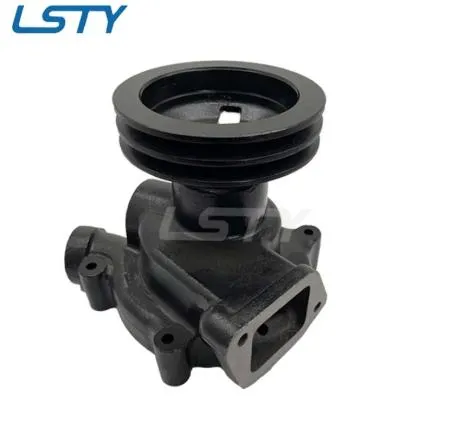
Understanding the Critical Role of Your Car Engine Water Pump
The car engine water pump is the undisputed workhorse of the engine's cooling system. Think of it as the central circulatory system for your engine's coolant. Its primary function is active circulation: it pressurizes and propels coolant (a mixture of water and antifreeze) from the radiator, through the engine block and cylinder head(s), absorbing immense heat generated by combustion and friction, and then back to the radiator where the heat is dissipated into the atmosphere. This continuous flow is non-negotiable for maintaining a stable engine operating temperature – typically between 195°F and 220°F (90°C to 105°C).
Operating under demanding conditions, the typical engine cooling pump is a centrifugal pump driven by the engine itself, usually via a belt connected to the crankshaft pulley. As the engine runs, the pump's impeller spins at high speeds, creating suction that draws coolant in and centrifugal force that flings it outward into the engine's cooling passages. Key components include the pump housing (often cast aluminum or iron), the shaft, bearings, a mechanical seal (or sometimes a gasket) to prevent leaks, and the impeller (metal or composite). The efficiency of this impeller design directly impacts coolant flow rate and pressure, crucial for effective heat transfer, especially under high engine loads or in hot climates. A high-quality pump, like those engineered by LSTY, ensures consistent, powerful flow across the entire engine operating range, preventing localized hot spots that can cause detonation, pre-ignition, or component warping. Without a fully functional engine water pump, coolant stagnates, heat builds catastrophically, and engine destruction follows swiftly. It’s not merely a part; it’s a guardian against thermal meltdown.
Recognizing the Signs of a Failing Engine Cooling Pump
Proactive identification of a failing engine cooling pump is crucial to prevent expensive engine damage. Ignoring the warning signs can lead to overheating, which often results in warped cylinder heads, blown head gaskets, seized pistons, or even a completely ruined engine block. Key symptoms demand immediate attention:
Coolant Leaks: The most common sign. Look for bright green, orange, pink, or blue fluid (depending on coolant type) dripping from the front-center or front-bottom of the engine, often near the timing cover. A leak can originate from the pump's weep hole (indicating seal failure), gasket, or housing cracks. Puddles under the car after parking are a red flag.
Overheating Engine: If your temperature gauge consistently climbs into the red zone or a warning light illuminates, especially during normal driving or idling, the engine water pump is a prime suspect. Reduced coolant circulation means heat isn't being carried away effectively. Never ignore an overheating engine; stop safely and investigate.
Unusual Noises: Listen for distinctive sounds coming from the front of the engine:
Whining/Grinding: Often indicates worn or failing bearings within the pump. The noise typically increases with engine RPM.
Rattling: Could signal a loose impeller or severe bearing play.
Screeching: Sometimes confused with a loose serpentine belt, but if the noise persists after belt adjustment, the pump bearings could be the culprit.
Steam from the Radiator or Hood: Visible steam escaping from under the hood is a clear emergency signal of overheating, potentially caused by pump failure preventing coolant flow.
Wobbling Pulley: With the engine OFF, check the water pump pulley (if visible and accessible). Grab it firmly (avoiding hot components) and try to wiggle it up/down and side-to-side. Excessive play indicates severely worn bearings on the verge of complete failure.
Heater Malfunction: Since the heater core relies on hot coolant flow, a failing car engine water pump can result in weak or cold airflow from the heater vents, even when the engine seems warm.
Early detection based on these signs allows for a planned replacement, avoiding the high cost and inconvenience of roadside breakdowns and major engine repairs. Regular coolant system inspections, including checking the pump pulley for play and looking for leaks, are essential preventative measures.
Key Factors in Selecting the Perfect Engine Water Pump
Choosing the right engine water pump is not a one-size-fits-all proposition. Several critical factors must align to ensure optimal performance, reliability, and longevity:
Precise Compatibility (Make, Model, Year, Engine Size): This is paramount. An incorrect pump won't physically fit, won't align with pulleys, or won't provide the correct coolant flow rate for your specific engine. Always use your vehicle identification number (VIN) or detailed specifications (year, make, model, engine code/displacement) to find the exact match. LSTY's extensive cataloging ensures precise fitment for a vast range of vehicles.
Material Quality & Construction:
Housing: Cast iron offers excellent durability and heat resistance, often found in heavy-duty applications. Aluminum housings are lighter and dissipate heat well but require high-quality casting to prevent porosity leaks. Look for robust, precisely cast housings.
Impeller: The heart of flow efficiency. Metal impellers (stamped steel or cast/machined) are traditional and robust but can be prone to cavitation erosion over very long periods. Modern composite (plastic) impellers, when made from high-grade engineering thermoplastics like PPS or PEEK (as used in premium pumps), offer excellent corrosion resistance, reduced weight, and optimized hydraulic efficiency for smoother flow. They are generally quieter and less susceptible to erosion from cavitation than some metals. Ensure composite impellers are robustly designed and securely attached.
Shaft & Bearings: High-grade steel shafts supported by premium sealed bearings (often double-row ball bearings) are essential for handling high RPMs and belt tension loads over the long term. Ceramic or high-carbon seals provide superior leak prevention.
Sealing Technology: The shaft seal is a critical failure point. Look for pumps featuring advanced mechanical seals, often incorporating silicon carbide or ceramic faces, offering superior durability and resistance to heat and chemical degradation compared to basic lip seals. A properly designed weep hole allows controlled venting of minor coolant seepage past a failing seal as an early warning before catastrophic leakage.
OEM Specifications vs. Performance Upgrades: Does your vehicle see standard commuting, heavy towing, or high-performance driving? While a high-quality OEM-replacement pump (like LSTY's standard offerings) is perfect for most daily drivers, performance applications might benefit from pumps designed for increased flow rates (higher impeller vane count or optimized design), enhanced bearing packages, or even electric pumps for specific race setups. Match the pump to your actual driving demands.
Manufacturer Reputation & Warranty: Invest in a pump from a reputable manufacturer known for quality control and engineering expertise, like LSTY. A solid warranty period reflects the manufacturer's confidence in their product and provides consumer protection. Avoid cheap, unknown brands where material compromises and poor quality control lead to premature failure.
LSTY leverages its extensive manufacturing experience and robust R&D capabilities to produce engine cooling pumps that excel across these factors. Their commitment to "Ensured Quality" means strict adherence to material specifications, precision machining, advanced sealing solutions, and rigorous testing, resulting in pumps built for dependable performance under diverse operating conditions. Selecting an LSTY pump means choosing a component engineered with the same diligence as the engine it protects.
FAQs About Engine Water Pumps
What are the key advantages of a premium engine water pump?
Investing in a premium engine water pump, such as those meticulously manufactured by LSTY, delivers significant benefits beyond basic functionality. Superior materials like high-grade castings, robust bearing systems, and advanced shaft seals (often silicon carbide) ensure exceptional durability, resisting wear, corrosion, and leaks far longer than budget alternatives. Precision engineering guarantees optimal coolant flow rates and pressure, maintaining consistent engine temperatures under all operating conditions, which directly protects against overheating damage and promotes optimal engine efficiency and longevity. Premium pumps also undergo rigorous quality control, minimizing the risk of premature failure and the associated costly repairs or roadside emergencies. Ultimately, a premium pump offers peace of mind, knowing your engine's critical cooling system is reliably safeguarded.
How does a high-quality car engine water pump enhance engine longevity?
A high-quality car engine water pump is fundamental to engine longevity. It actively prevents the primary enemy: overheating. By ensuring consistent, efficient circulation of coolant, it reliably transfers heat away from critical components like cylinder heads, cylinder liners, pistons, and valves. Maintaining the engine within its precise optimal temperature range prevents thermal stress that can cause warping (e.g., cylinder heads), cracking (engine blocks, heads), accelerated bearing wear, and oil breakdown. Consistent cooling also prevents localized hot spots that lead to detonation (knocking), which can damage pistons and rings. By safeguarding against these destructive overheating scenarios, a robust pump directly contributes to preserving the engine's structural integrity and functional performance for hundreds of thousands of miles.
What features ensure engine cooling pump durability?
The durability of an engine cooling pump hinges on several key features. High-strength materials are paramount: a robust cast iron or precision aluminum housing, a hardened steel shaft, and either a corrosion-resistant metal impeller or a high-performance composite impeller engineered for strength and longevity. Premium sealed bearings (often double-row ball bearings) are crucial to handle constant high-RPM operation and belt tension without failure. The most critical feature is the shaft seal; top-tier pumps use advanced mechanical seals with silicon carbide or ceramic faces, offering superior resistance to heat, pressure, and chemical degradation compared to basic lip seals. Finally, stringent manufacturing tolerances and rigorous quality control processes, core principles at LSTY ("Ensured Quality"), ensure every component fits perfectly and functions reliably from the first start.
When should I proactively replace my engine water pump?
Proactive replacement of your engine water pump is highly recommended as preventative maintenance, even if no overt symptoms are present. A common rule of thumb is to replace the pump when replacing the timing belt, as the pump is often driven by this belt and labor costs overlap significantly. Accessing the pump usually requires similar disassembly. Consult your vehicle's specific maintenance schedule; many manufacturers suggest pump replacement around 60,000 to 100,000 miles. If your pump is driven by the serpentine belt and easily accessible, replacement based on mileage (e.g., every 80,000-100,000 miles) or age (e.g., every 7-10 years) is still wise, considering the potential consequences of failure. If you notice any warning signs like leaks, noises, or early overheating, immediate replacement is mandatory.
Why choose LSTY for my engine cooling pump needs?
Choosing LSTY for your engine cooling pump means partnering with a specialist dedicated to power, quality, and service for over two decades. LSTY integrates the entire process – from in-house R&D and precision manufacturing using top-grade materials to strict quality control and global logistics – ensuring you receive a pump engineered for reliable performance. Their "Ensured Quality" ethos translates into durable components like robust bearings, advanced seals, and efficient impellers. LSTY's "Efficient Service" and global supply chain expertise mean faster access to the right pump for your vehicle. They focus on creating value, offering competitive pricing without compromising on the engineering excellence needed to protect your engine investment, backed by a commitment to continuous improvement and customer partnership.
Your vehicle's engine water pump is far more than a simple accessory; it's a vital guardian ensuring your engine operates efficiently, powerfully, and reliably for the long haul. Understanding its critical role, recognizing the signs of wear, and knowing how to select the right car engine water pump based on compatibility, quality construction, and trusted manufacturing are essential skills for any vehicle owner. Opting for a premium engine cooling pump isn't an expense; it's a strategic investment in preventing costly repairs and maximizing your engine's lifespan.
HEBEI LONGSHENGTENGYU PUMP INDUSTRY CO., LTD (LSTY) embodies the dedication required to produce these crucial components. With over 21 years of focused expertise, integrated manufacturing, and an unwavering commitment to "Power Products, Ensured Quality, Efficient Service," LSTY delivers engine cooling pumps engineered for real-world durability and performance. Their global reach and customer-centric approach ensure that wherever you are, a solution designed to protect your engine is within reach. When the time comes to replace this pivotal component, choose the reliability, precision, and value offered by LSTY. Protect your engine's heart by trusting its cooling to a pump built with expertise and commitment – because peace of mind on the road starts with the quality beneath the hood. Choose LSTY, and drive with confidence, knowing your engine temperature is in expert hands.
-
Tandem Hydraulic Pump for Multi - Function SystemsNotíciasJul.16,2025
-
Selecting The Right Hydraulic Motor TypeNotíciasJul.16,2025
-
How Air Directional Control Valves Power Your Pneumatic WorldNotíciasJul.16,2025
-
Engine Cooling Pump Bearing Noise CausesNotíciasJul.16,2025
-
Double-Ended Hydraulic Cylinder in Steel Rolling MillsNotíciasJul.16,2025
-
Design Optimization for Efficient Metal CastingsNotíciasJul.16,2025
-
Unveiling the Power and Precision of Hydraulic CylindersNotíciasJul.16,2025








